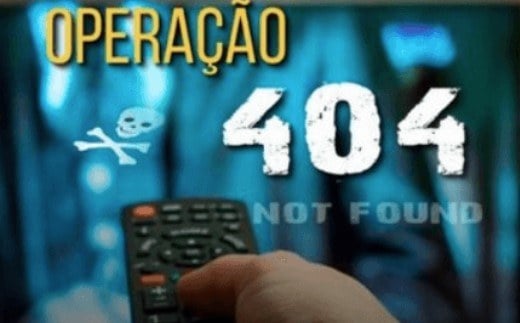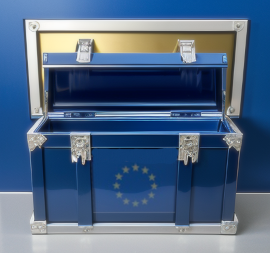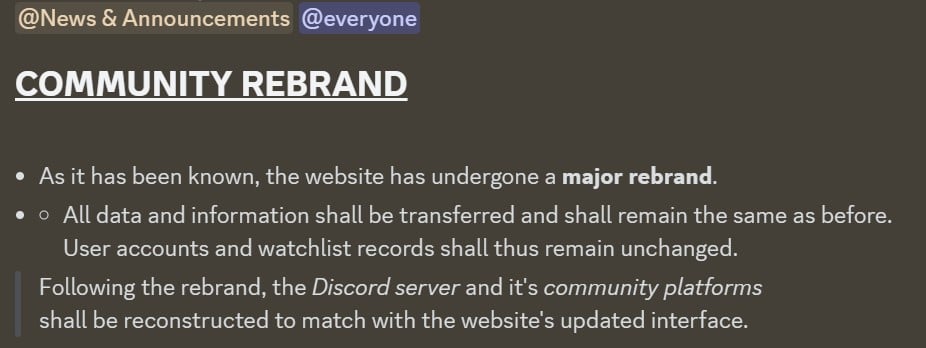-
chevron_right
‘Operation 404’ Results in First Prison Sentence for Pirate IPTV Operator
news.movim.eu / TorrentFreak · Wednesday, 27 March - 10:05 · 2 minutes
 In the
fall of 2019
, Brazilian law enforcement agencies launched the first wave of anti-piracy campaign ‘Operation 404,’ referring to the well-known HTTP error code.
In the
fall of 2019
, Brazilian law enforcement agencies launched the first wave of anti-piracy campaign ‘Operation 404,’ referring to the well-known HTTP error code.
With help from law enforcement in the United States, the United Kingdom, and Argentina, the authorities took down more than a hundred sites and services, while several suspects were arrested.
Following its initial successes, several new waves ‘Operation 404’ were initiated over the ensuing years. Each wave led to raids and takedowns across the country, with assistance from international law enforcement partners. It was clear that Brazil had its enforcement apparatus in order, but the outcomes of these efforts in terms of follow-up actions were largely unknown.
This week, anti-piracy group ALIANZA booked its first ‘404’ related victory in court. Following a criminal complaint from the group, Judge Marina Figueiredo Coelho of the Fifth Criminal Court of Campinas, Sao Paolo, convicted the operator of a pirate IPTV service that was taken down in 2020.
Prison for Flash IPTV Operator
The operator of Flash IPTV, who is referred to by the initials A.W.A.P., was found guilty of criminal copyright infringement and sentenced to five years and four months in prison.
Flash IPTV was a relatively large IPTV service with 13,547 active users at its peak. According to local news reports , the service generated R$4,542,034 ($912,000) in revenue over twelve months, before it was taken offline in 2020 as part of the second ‘Operation 404’ campaign .
Speaking with TorrentFreak, ALIANZA says that this is a historic verdict, as it’s the first criminal IPTV prosecution linked to ‘Operation 404’ in Brazil.
“We appreciate the commitment of the police and judicial authorities in resolving this important case. The conviction of A.W.A.P. is a milestone that reinforces our commitment to defending the rights of creators and fighting against illegal practices that harm the creative economy,” says Víctor Roldán, ALIANZA’s executive director.
More to Come?
A copy of the verdict wasn’t released to the public, as is common with these types of convictions, so further details are scarce.
While Operation 404 resulted in many arrests over the years, follow-up prosecutions have been rare in Brazil. Previously, ALIANZA did score a similar victory in Ecuador , where the operator of the pirate IPTV service IPTVlisto.com was sentenced to a year in prison.
Last fall, Brazilian authorities conducted the sixth wave of Operation 404 and more are expected to follow in the future. These enforcement initiatives are broadly praised by rightsholders and the recent conviction will only strengthen their support.
There’s always room for improvement, of course. A few weeks ago, the International Intellectual Property Alliance (IIPA) recommended Brazil to remain on the US ‘ Special 301 ‘ Watch List of countries with IP-related challenges.
IIPA saw various positive developments, especially regarding Operation 404. However, disagreement between rightsholders over enforcement action could still improve.
“Brazil still suffers from a lack of specific norms and regulations regarding the enforcement of copyrighted works over the Internet and a lack of resources and staff to support enforcement actions considering the reach and amount of content piracy in the region,” IIPA wrote.
From: TF , for the latest news on copyright battles, piracy and more.

 The
The

 At the start of the last decade, The Pirate Bay teamed up with Sweden’s Lund University to conduct the
At the start of the last decade, The Pirate Bay teamed up with Sweden’s Lund University to conduct the


 Anime is
Anime is



 Over the years, plenty of TV show episodes have leaked online in advance of their official release.
Over the years, plenty of TV show episodes have leaked online in advance of their official release.



